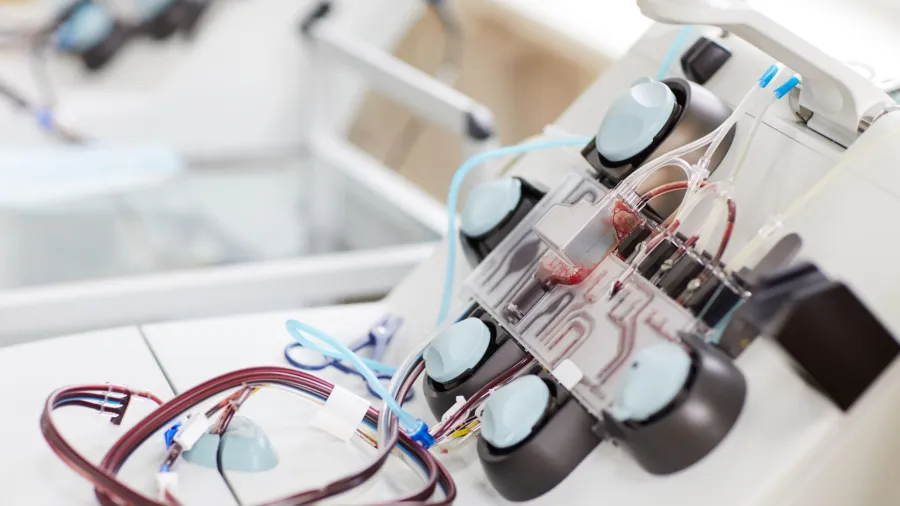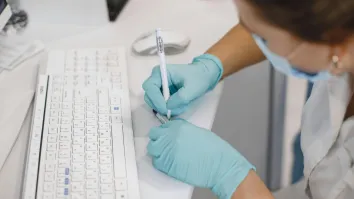
Medical device firms eye sustainability amidst regulatory changes
Regulatory shifts may lead to temporary device shortages in the short term.
Medical device companies are anticipated to continue prioritising reducing environmental impact as they work towards net-zero goals, said BMI.
Regulatory bodies and manufacturers are anticipated to collaborate closely to balance sustainability efforts with operational efficiency and product availability.
As regulatory standards evolve, particularly regarding emissions and material usage, companies will be required to adapt their manufacturing processes to remain compliant.
“In the short term, regulatory shifts may lead to temporary device shortages as manufacturers adjust their operations to meet new standards,” the report said.
Meanwhile, innovative practices are expected to drive sustainability in the medium to long term, particularly by decreasing greenhouse gas emissions.
One notable example is Thermo Fisher Scientific’s 10-year virtual power purchasing agreement with international renewable energy developer X-ELIO.
“This agreement aims to enhance access to renewable electricity across the pharmaceutical and healthcare supply chains, adding 118 megawatts of solar energy to Thermo Fisher Scientific’s operations,” it added.



















 Advertise
Advertise










